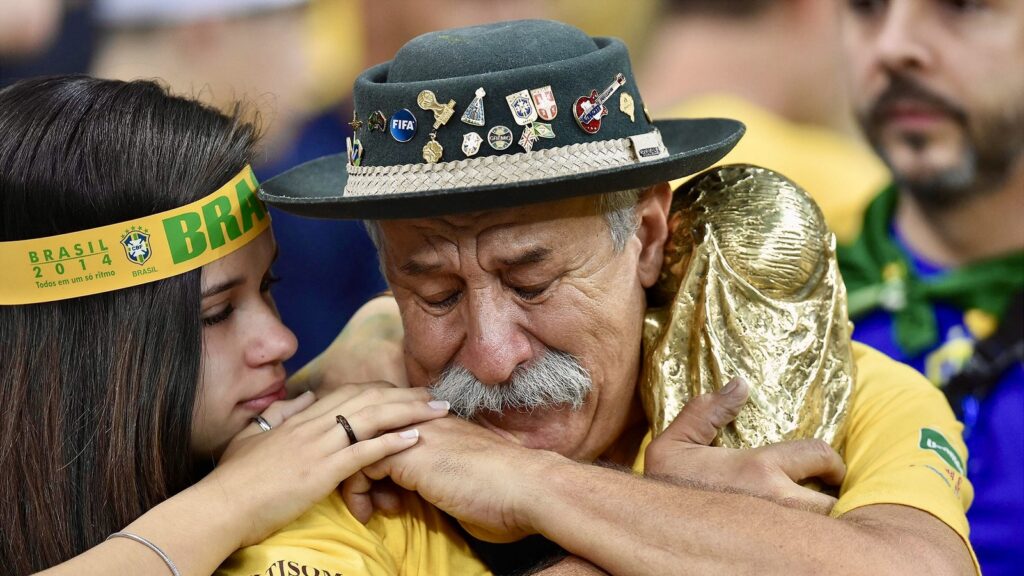The 8th of July, 2014, forever remained etched as one of the most baffling and bizarre days in footballing history. Brazil, the host nation and five-time World Cup champion, faced the shame of a 7-1 defeat at the hands of Germany in the semi-final of the 2014 FIFA World Cup. The scoreline alone stunned the world, but the way it came to being – five goals in 29 minutes-stunned the world even more.
From the buildup to the tactical and emotional collapse of Brazil to the events during the match and the aftermath of the road, let’s analyze it all and how that event forever left its mark on Brazilian football.
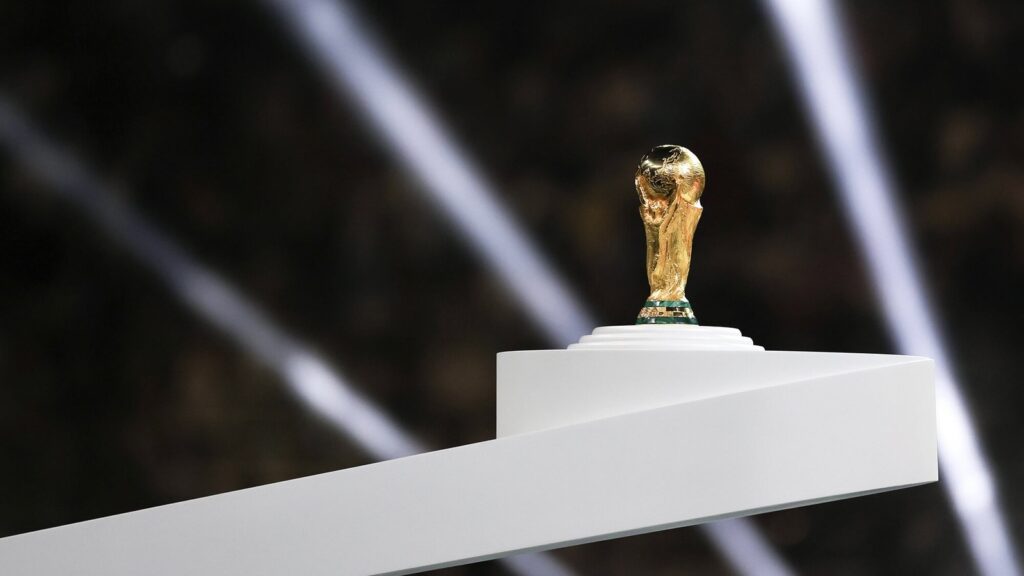
The Build-Up: Hope and Pressure
Brazil was the favorite heading into the 2014 World Cup. On home soil with the frightening memory of 1950 Maracanazo still fresh in the heads of Brazilians, there was immense pressure on the team to win. Luiz Felipe Scolari stepped back into a coaching role after his triumph for Brazil in 2002 to finally break the 64-year drought of another home win.
It was a team that looked promising. Neymar was their poster boy and leading scorer. Behind him were decent players like Oscar, Hulk, David Luiz, and Thiago Silva. There was hope after they had survived Chile and Colombia in the knockout rounds, but their performances by then left a lot to be desired.
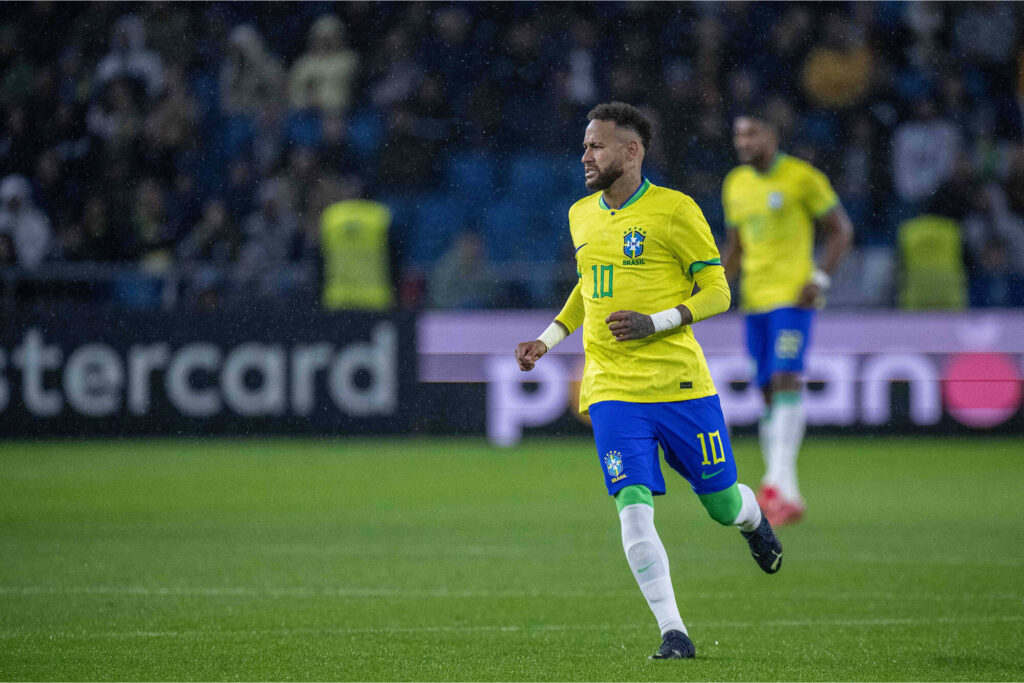
However, disaster struck in the quarter-final against Colombia. Neymar suffered a fractured vertebra, ruling him out of the rest of the tournament. To make matters worse, captain and key defender Thiago Silva was suspended for the semi-final due to accumulated yellow cards. Brazil would now face Germany, a technically efficient and disciplined team, without two of their most important players.
The Match: A Collapse in 29 Minutes
The match was played at Estádio Mineirão in Belo Horizonte. In a span of 11 minutes, Thomas Müller scored the opener for Germany with an easy tap-in off a corner. Brazil seemed shaken but nobody anticipated what followed.
Between the 23rd and 29th minutes, Germany netted four additional goals. In the 23rd minute, Miroslav Klose netted a goal, shattering Ronaldo’s World Cup all-time leading scorer record. Two goals by Toni Kroos in a two-minute interval followed, with a fifth by Sami Khedira.
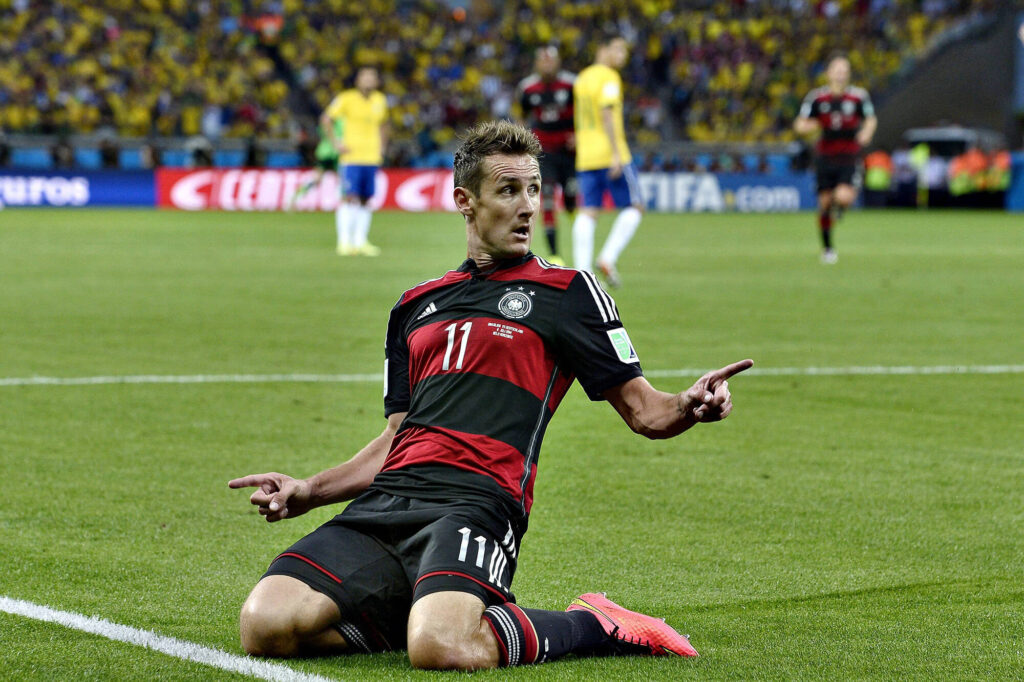
The Brazilian defense was in disarray. Defensive shape was lost, midfielders were not marking runs, and the back was confused and panicky. There was no leadership to get the players in shape or put the brakes on the game. Emotionally, the players were shell-shocked by the magnitude of the occasion, and the loss of Neymar and Silva appeared to suck all the confidence out of them.
The first half had ended with Germany winning 5-0. Germany scored two more goals in the second half through substitute André Schürrle. Brazil got a late consolation goal through Oscar in the 90th minute, but it did nothing to alleviate the humiliation. The match ended 7-1 in favor of Germany.
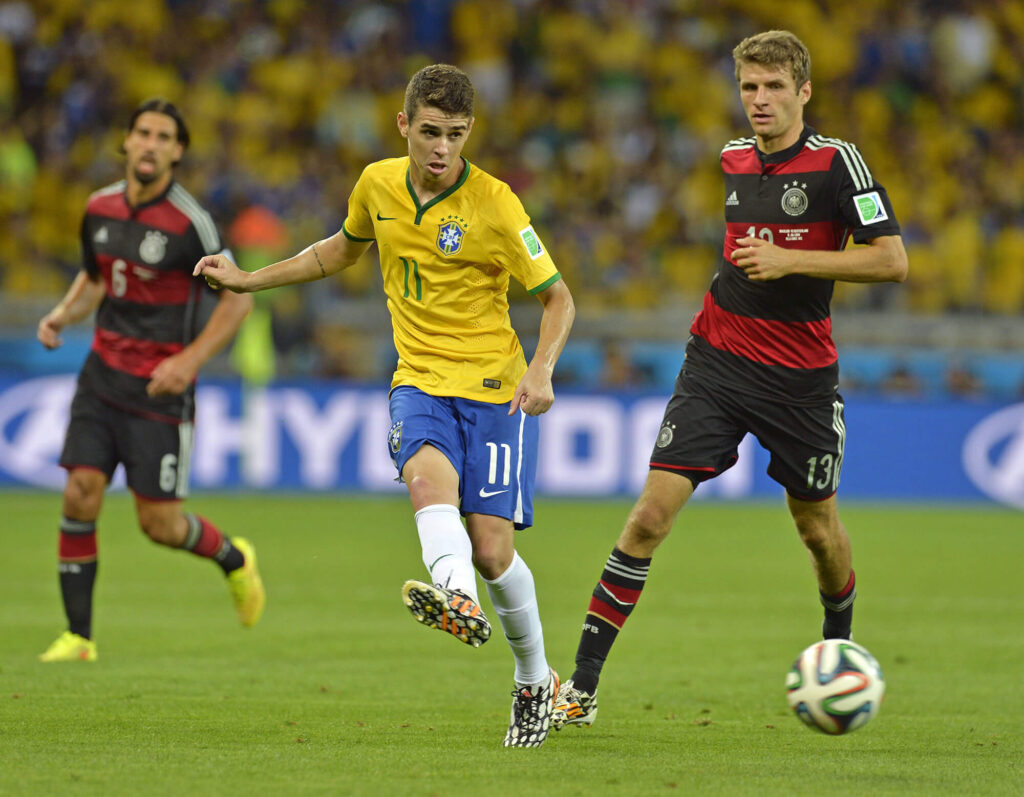
Crowd Reaction: From Roars to Silence
The mood inside the stadium shifted from euphoria to shock. Fans wept in the stands, bid adieu to their dreams, and later fell quiet. The famous yellow tops of the Brazilian supporters represented football magic and happiness — yet on this day, they were reminders of despair.
TV cameras snapped the amazed expressions of the spectators, children in tears, and even some exiting before halftime. It was more than a loss. It was more like a national tragedy unfolding on live television.
Tactical Breakdown: Where Brazil Went Wrong
Brazil’s tactical approach was reckless. Scolari chose to press Germany high up the pitch despite lacking his captain in defense. Midfielders Fernandinho and Luiz Gustavo failed to contain Germany’s quick one-touch passing. The fullbacks — Marcelo and Maicon — ventured too far forward, leaving gaps that Germany exploited ruthlessly.
David Luiz, who wore the captain’s armband, pushed too far up and often lost positional discipline. With no compact shape or defensive organization, Germany’s players found space in key areas. Their movement was fluid and precise, while Brazil had no answer.
Germany, on the other hand, executed their plan perfectly. They exploited the emotional vulnerability of Brazil and struck with ruthless efficiency. Every mistake was punished.

Emotional Collapse: Playing for Neymar, Not with a Plan
Brazil’s psychological state was fragile. The team was under immense pressure to deliver the title for their people. The loss of Neymar seemed to break their spirit. Instead of a measured tactical approach, the team entered the match playing with emotion, desperation, and anxiety.
Many Brazilian players admitted afterward that the team felt a sense of fear and nervousness even before kickoff. The “Força Neymar” shirts and tributes made the match feel more like a memorial than a sporting contest. There was no mental stability to recover after going one or two goals down, let alone five.
Aftermath: National Grief and Soul-Searching
The 7-1 defeat, known in Brazil as the “Mineirazo” (after the stadium), triggered a period of deep introspection in Brazilian football. Fans and media criticized not just the tactics but the entire system of football in the country — including youth development, overreliance on a few star players, and poor coaching standards.
Luiz Felipe Scolari resigned after the tournament. The Brazilian Football Confederation (CBF) was heavily criticized for allowing politics and commercial interests to influence team decisions. Brazil’s image as the home of “jogo bonito” — the beautiful game — took a major hit.
Even players like David Luiz, who were previously celebrated, were now scapegoated. Brazilian football’s identity was damaged, and the nation felt a sense of cultural loss. It wasn’t just about losing a match — it was about losing pride, tradition, and belief.
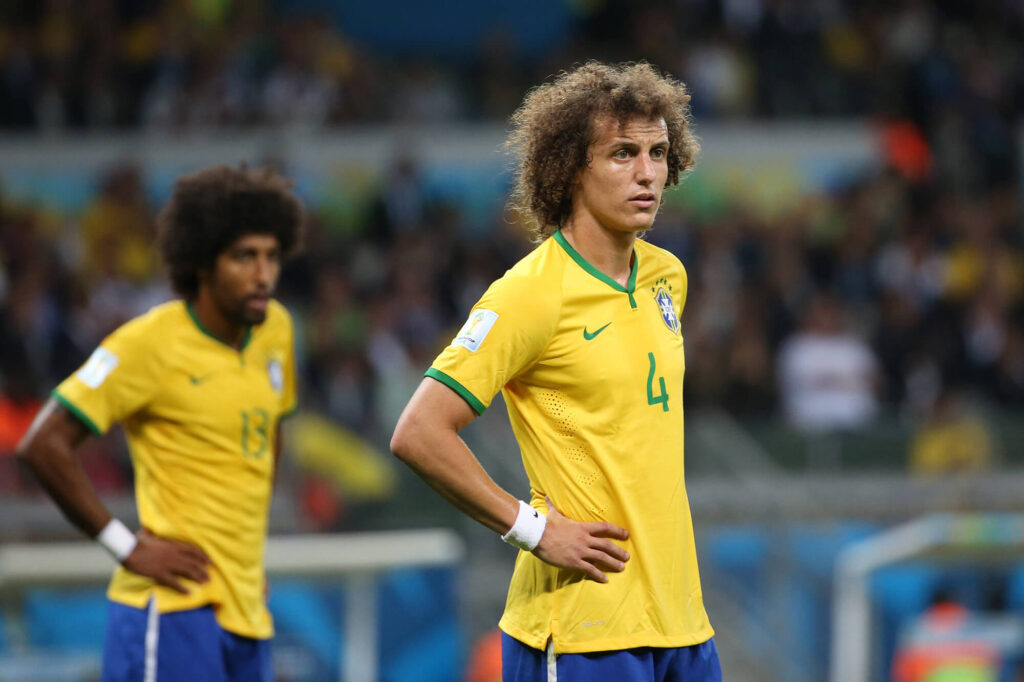
Germany’s Triumph
For Germany, the 7-1 win was a landmark moment. It showcased their modern footballing philosophy — tactical discipline, team unity, and technical excellence. It also paved the way for their 2014 World Cup triumph, where they beat Argentina 1-0 in the final.
Germany’s preparation for the World Cup, including setting up a base camp in Brazil and integrating youth into the senior team, was praised worldwide. The 7-1 was not just a fluke — it was the result of years of planning and systematic development.
A Night That Changed Football History
The impact of the 7-1 loss was long-lasting. Brazilian football authorities began investing more in youth coaching and tactical education. Tite’s later reign as national team coach brought a more organized, less emotional approach to matches.
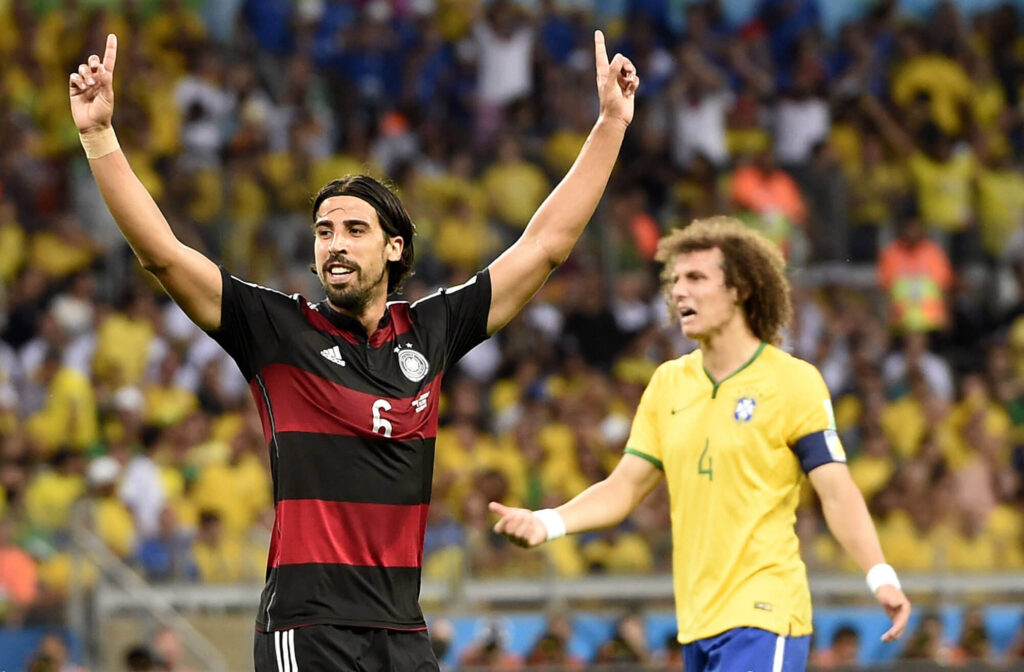
On the pitch, Brazilian players and coaches became more tactically aware and physically conditioned. The focus shifted from flashy flair to a more balanced game plan. The trauma of 2014 continues to haunt fans, but it also forced Brazil to evolve.The 7-1 loss to Germany was more than just a World Cup semi-final. It was a collapse of identity, a lesson in humility, and a turning point in football history. For Brazil, it was a painful reminder that passion alone isn’t enough — planning, tactics, and mental resilience are essential. For Germany, it was a crowning moment that highlighted the rewards of discipline and preparation.
